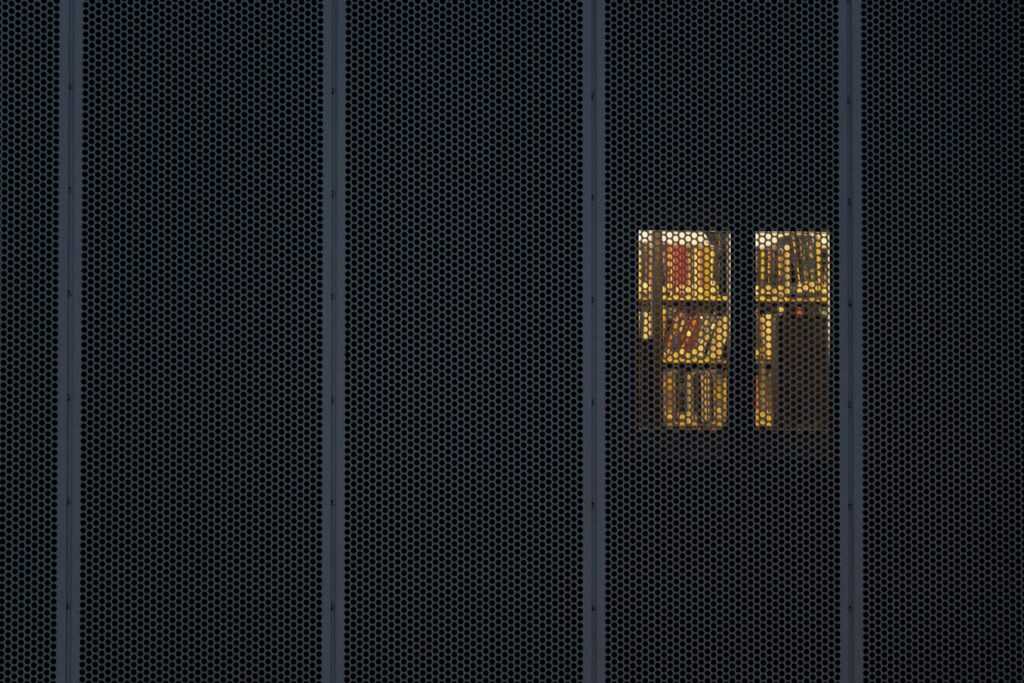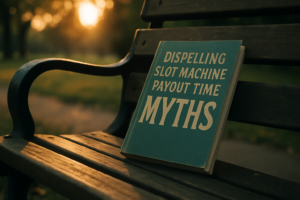8709326799 and Data Privacy
Let’s connect it to a larger issue: your personal data. When you start getting strange calls or texts, it usually means your contact information made it into a broader database. Once it’s out there, it can be cycled around and reused:
Marketing lists Scam targeting pools Data leaks or breaches
Dealing with any unexpected communication shouldn’t just be about ignoring it—it should also be a signal to lock down your info across platforms.
What Could 8709326799 Be?
Let’s get the basics out of the way. 8709326799 isn’t tied to any particular business that’s widely known. It doesn’t show up in standard business directories or official registries. This typically points to one of a few categories:
Personal or privateuse number: Could belong to an individual who’s just not listed in public records. Marketing outreach: Many unsolicited calls come from rotation numbers used by call centers. Scam or spam: A growing chunk of unknown numbers fall here, especially those that don’t leave a voicemail. Automated alerts or robocalls: Some numbers are tied to legitimate services like banks or delivery apps using autodialers.
But speculation only takes you so far. The realworld impact has more to do with what you experience when this number reaches out to you.
Identifying Suspicious Numbers
If you’re receiving frequent calls or odd texts from unknown numbers, there’s a goto playbook to handle it:
Google it: A basic search often brings up forums, crowdsourced directories, or user feedback that can tell you what others experienced when 8709326799 called them. Use callidentification apps: Apps like Truecaller and Hiya can label numbers based on databases of caller behavior. Don’t engage immediately: If a number seems off, don’t call back or respond with personal details.
These tools aren’t foolproof, but layered together, they paint a clearer picture. More importantly, they help you avoid jumping at every unknown call.
Why You Might Get These Calls
Still wondering why numbers like 8709326799 ring your phone? Here are some common reasons:
You signed up for something: Remember that newsletter, giveaway, or service trial? They may have shared or sold your number to a third party. Phone number recycling: If your number was previously owned by someone else, you might be receiving their old call traffic. Spoofing: Some robocallers use number spoofing to make their call appear local or familiar when it’s actually random.
Spoofed calls are especially tough. The number might look legit, but the person or machine behind it isn’t. Spoofing tricks people into picking up, increasing the chance of engagement.
How to Protect Yourself
Here’s a barebones checklist to fend off unwanted callers and numbers like 8709326799:
- Enable spam filters on your phone provider’s service.
- Block the number directly after the first call or message.
- Don’t share your number publicly unless necessary.
- Register with the Do Not Call list in your country.
- Regularly audit your app permissions.
And—yes—occasionally changing your number isn’t paranoia. If the unwanted communication never stops, it might be your cleanest exit.
What If It’s Legit?
Sometimes an unfamiliar number is a real person: a job callback, a delivery confirmation, maybe even a doctor’s office. So how do you tell?
Did they leave a voicemail or send a legit text? Do they mention your name and context you recognize? Have you recently interacted with a new business—car rental, online purchase, etc.?
Systems aren’t perfect. Useful services may still use genericlooking or unlisted numbers like 8709326799, which makes your response tricky. Be cautious but not paralyzed.
Final Word
Unsolicited or unrecognized numbers are part of the current digital landscape. The average person gets more than a dozen robocalls per month. It’s annoying, intrusive, and occasionally dangerous.
Treat unknown numbers with strict filters, but don’t panic when you see one like 8709326799. Vet it with tools, trust your instinct, and lean on privacyfirst habits. You don’t have to answer every ring.







